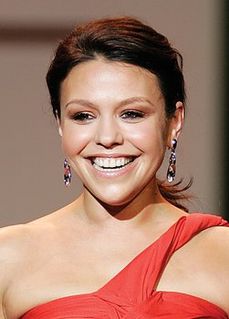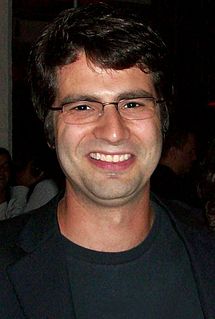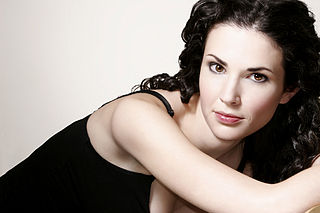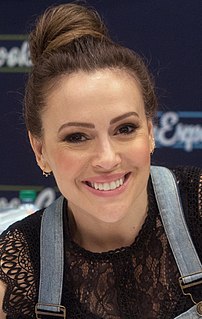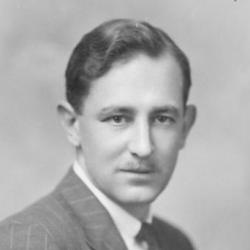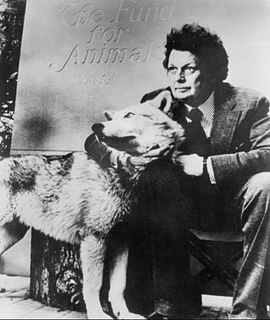A Quote by Rachael Ray
We created a line of pet food called Nutrish that's made to human standards, and 100 percent of the proceeds go to animal rescue. One of our top-tier donors is the ASPCA, and they help us challenge animal shelters all across the country to get more animals placed in homes.
Related Quotes
Each year, millions of animals are euthanized at local shelters because of overpopulation. Almost half of the animals brought into these shelters are euthanized because suitable homes can't be found for them. Animal rescue, a cause close to my heart, can lead to the safety of millions of these lost souls.
I believe that the best way to create good living conditions for any animal, whether it's a captive animal living in a zoo, a farm animal or a pet, is to base animal welfare programs on the core emotion systems in the brain. My theory is that the environment animals live in should activate their positive emotions as much as possible, and not activate their negative emotions any more than necessary. If we get the animal's emotions rights, we will have fewer problem behaviors... All animals and people have the same core emotion systems in the brain.
I am a pet person. My dog actually lives in Georgia now. But I work with animal trainers and pets quite often. I also volunteer at different places like animal shelters. It's good to be around pets. They kind of put things into perspective. They're easygoing, loyal, and they seem to get it, even when humans don't.
We have to create more and more vegetarians, and help people to understand that it is not only the suffering of the animals (which is what made me vegetarian) but also the incredible harm to the environment, the tremendous amount of greenhouse gas created by the whole vast machinery of intensive animal farming.
Unlike some people who have experienced the loss of an animal, I did not believe, even for a moment, that I would never get another. I did know full well that there were just too many animals out there in need of homes for me to take what I have always regarded as the self-indulgent road of saying the heartbreak of the loss of an animal was too much ever to want to go through with it again. To me, such an admission brought up the far more powerful admission that all the wonderful times you had with your animal were not worth the unhappiness at the end.
